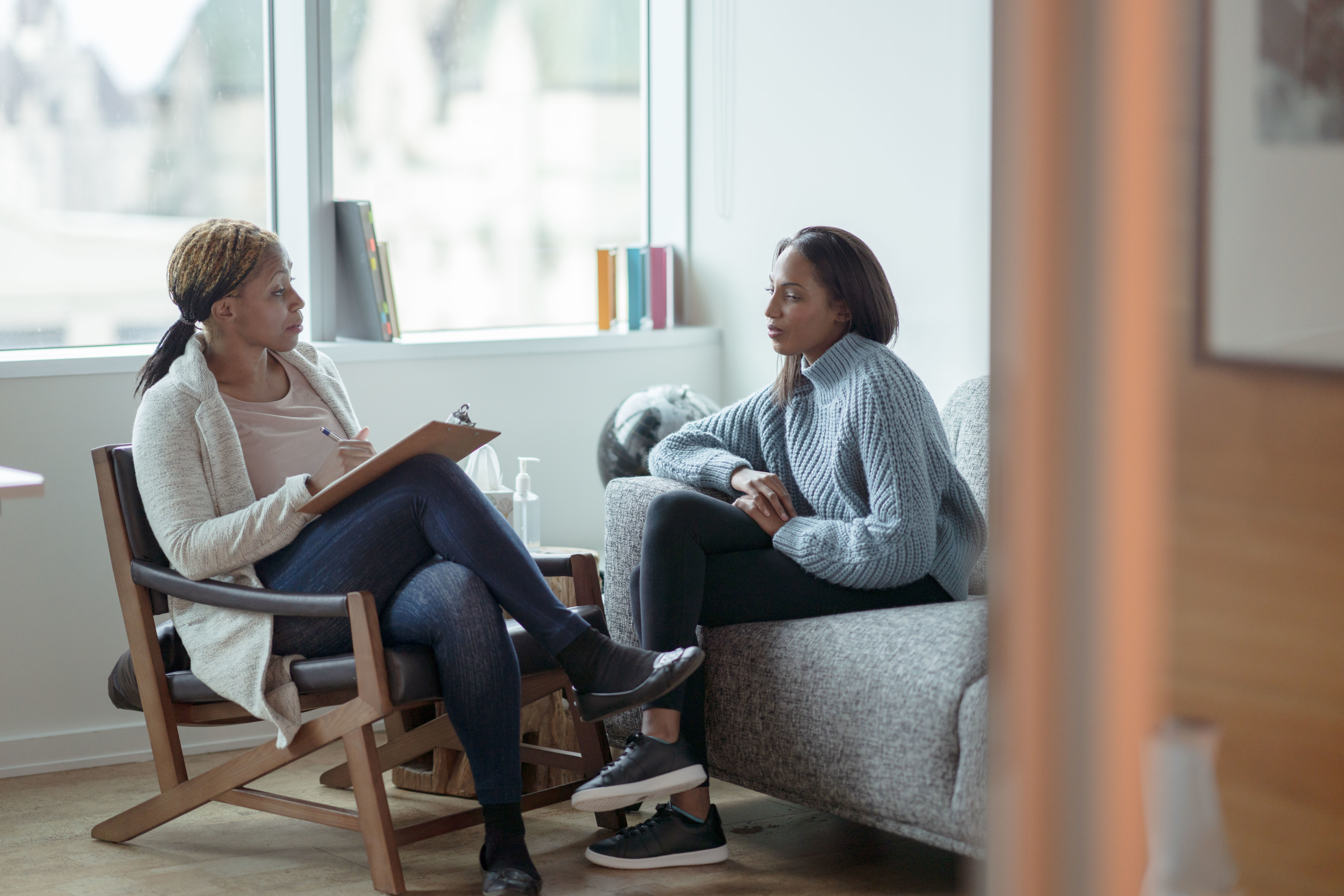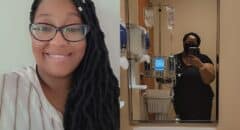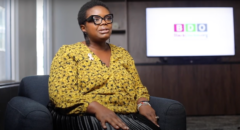
As a Black woman working in clinical trials, I’ve seen firsthand the critical importance of diversity and inclusion in medical research.
Clinical trials are the gateway for developing new drugs and treatments that can improve and save lives. However, if these trials do not adequately represent the racial and ethnic makeup of the population, we risk missing key insights and potential benefits for underrepresented groups.
@taracelitta Day in the life| Before traveling for work I ensure I do the following: – [ ] Make sure all previous week work is done – [ ] Make sure clothes are clean and dried – [ ] Pack suitcase – [ ] Double check suitcase – [ ] Do site management (important to ensure sites are okay) – [ ] Complete expenses #fy #fyp #fashion #SeeHerGreatnesstraveltiktokkclinicaltriallclinicalresearchassociateejourneyy20233blackgirlmagiccviallmomlifeeweightlosssmomandsonntraveltiktokkworklifebalancee
When I started my career over a decade ago as an ophthalmic technician, I had no idea about the world of clinical research.
Working as a clinical trial associate
My initial motivation was simply to help people with vision issues, stemming from my own parents’ blindness. It wasn’t until I pursued further education that I was exposed to clinical trials and quickly realized this was my calling—a way to drive meaningful change in health care.
As I advanced from being a clinical research coordinator to an associate monitoring trials today, one striking pattern emerged: a lack of diversity among trial participants, especially within the Black community.
Too often, I encounter mistrust and hesitation from Black patients when it comes to enrolling in studies.
The roots of this skepticism run deep, tracing back to unethical practices like the infamous Tuskegee syphilis study where Black men were deceived and denied proper treatment. While regulations and safeguards have








